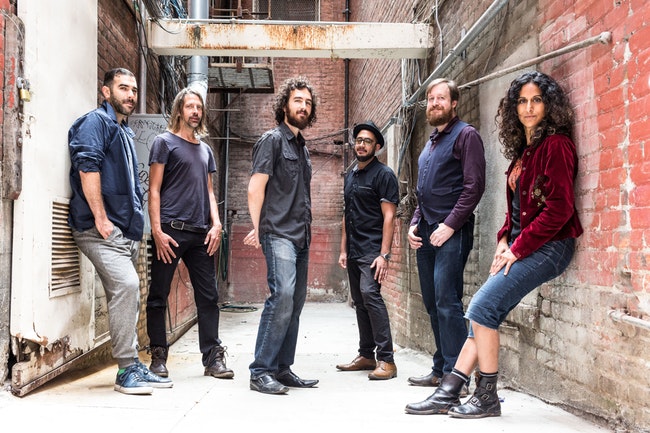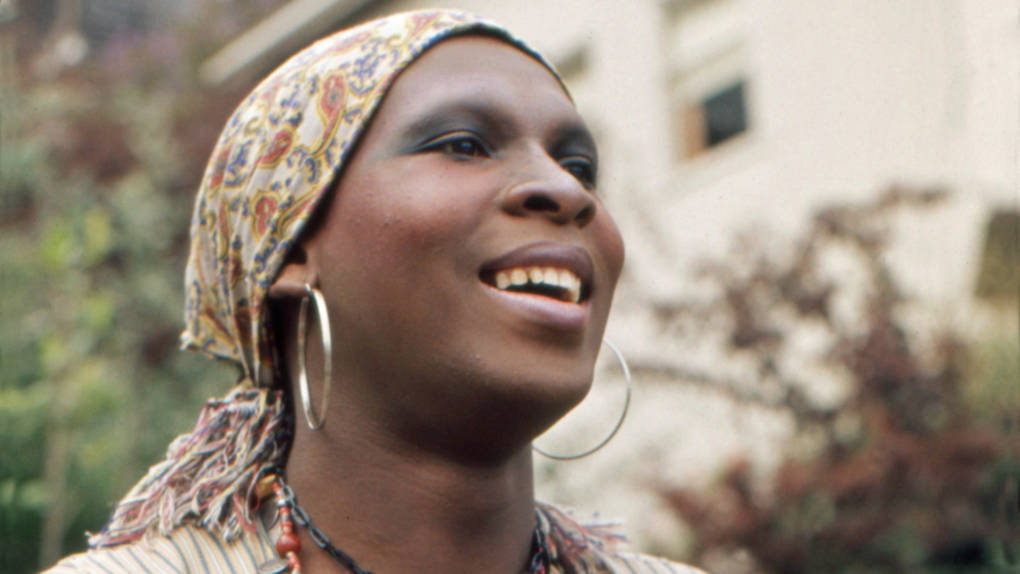For many Bay Area musicians, holding down a day job is a necessary, unglamorous concession to a challenging economic reality rarely mentioned on stage.
But instead of compartmentalizing her various callings, Rupa Marya increasingly finds that her identities as a musician, physician, activist, parent and life partner overlap and converge. Whether protesting at Standing Rock, writing music with her band, Rupa and the April Fishes, or teaching hospital medicine at the University of California, San Francisco, Marya’s diagnosis of society’s ills and her vision for healing guides her approach. Her new album, Growing Upward, Rupa and the April Fishes’ sixth release, is by far her fiercest yet.
Compared to previous albums, Growing Upward focuses less on showcasing the band’s stylistic diversity, pushing emotional parameters instead. Marya’s guitar work and vocals sound urgent and aggressive, yet tenderly inviting. Her music rocks harder, throwing down a gauntlet at the frontlines where the fight against climate change and indigenous rights merge with the struggle for police accountability.
“This music is coming directly out of being there with people at Standing Rock as the police shot rubber bullets into their faces and groins, from watching families torn up because their unarmed child has been shot by the SFPD,” says Marya, who celebrates the release of Growing Upward (due out April 19) at The Chapel in San Francisco on April 26 on a double bill with Barrio Manouche, a band she’s championed since they first came together in Berkeley about five years ago. She also performs May 26 at Moe’s Alley in Santa Cruz on a double bill with LoCura.






